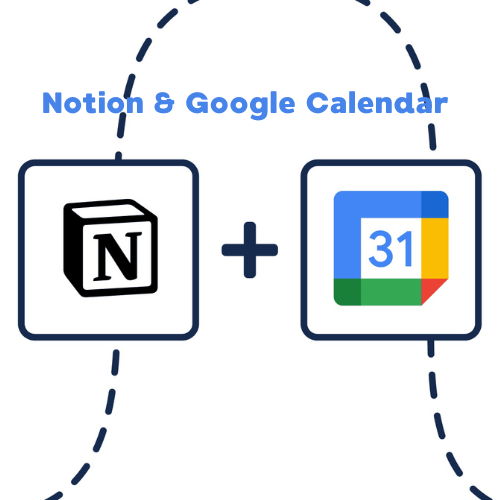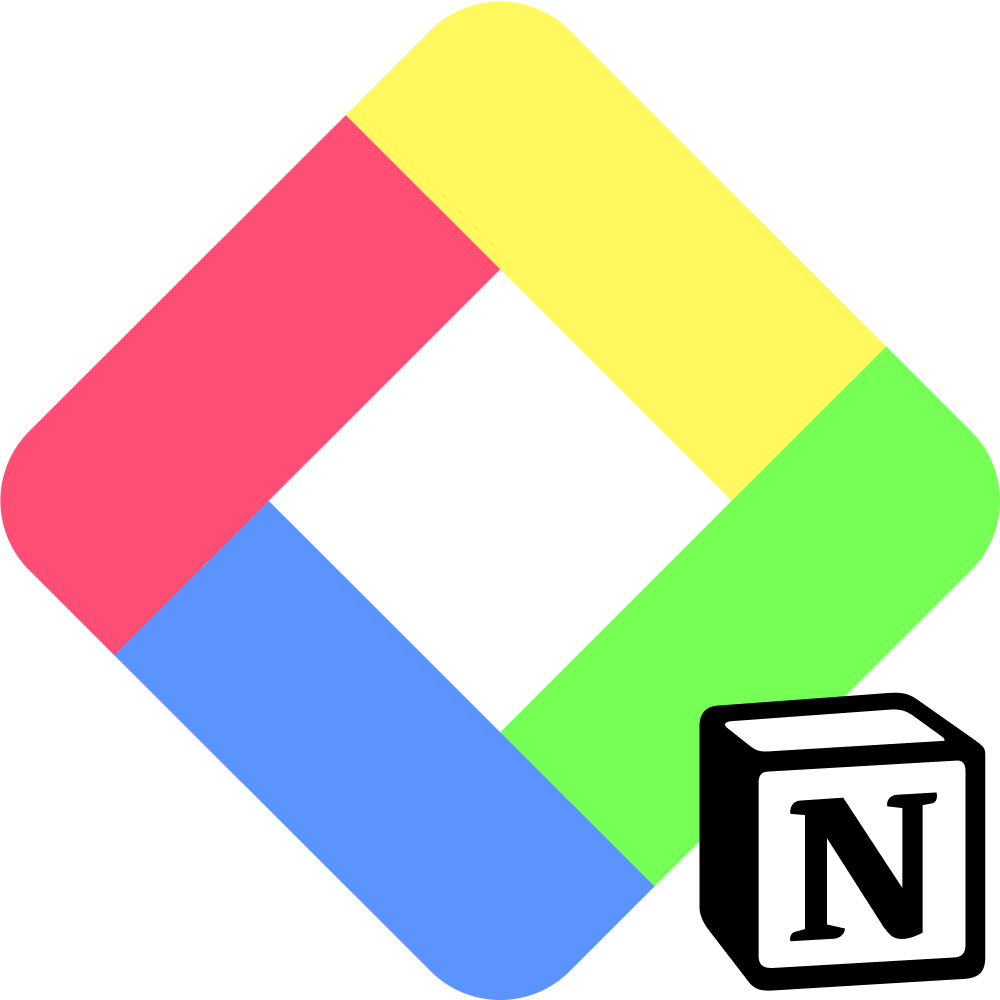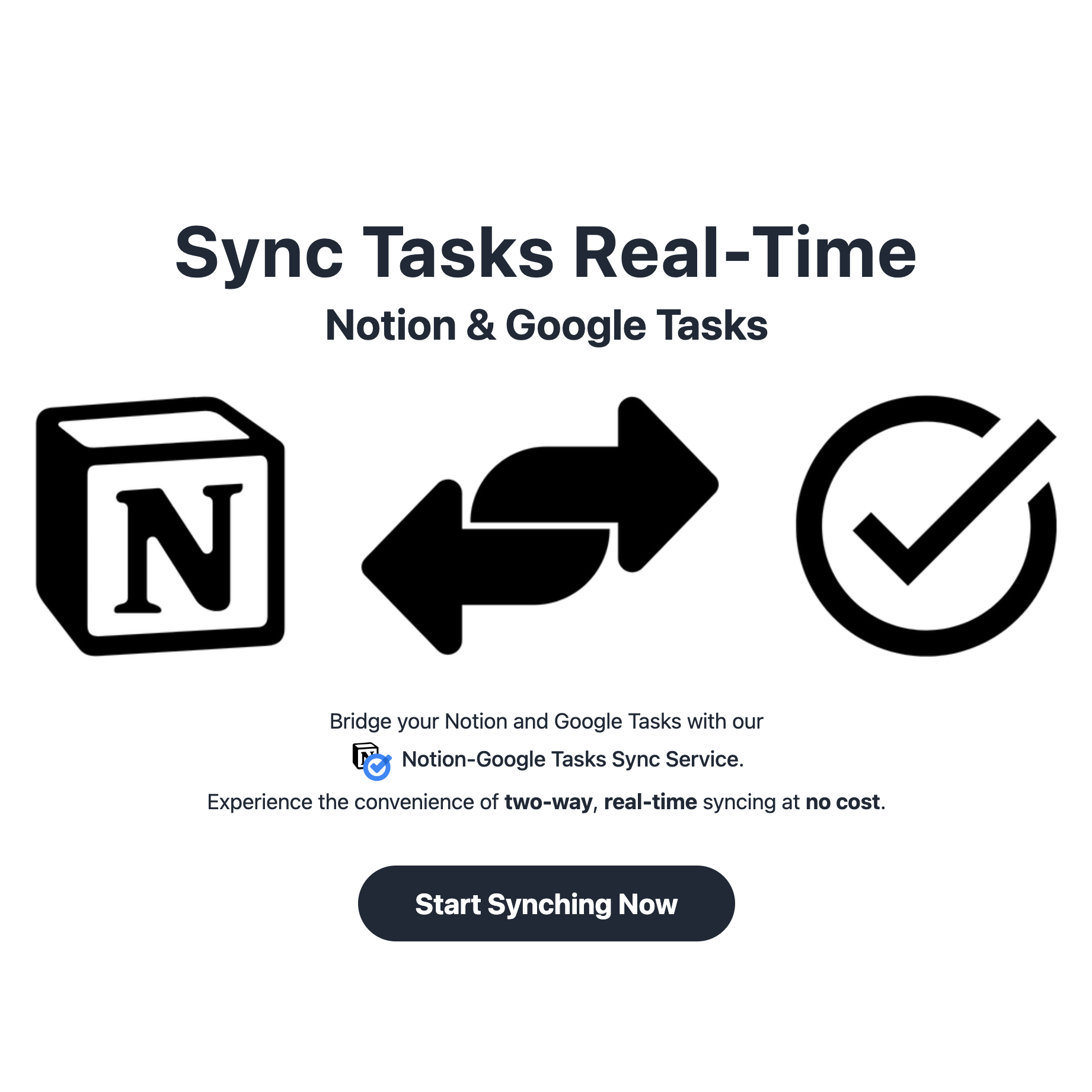SyncFlow — Notion-Webflow Sync
Alternatives
122,178 PH launches analyzed!

SyncFlow — Notion-Webflow Sync
Seamlessly sync Notion Pages with Webflow CMS
48
Problem
Managing and updating content between Notion and Webflow is a manual, time-consuming process with a risk of errors and inconsistencies.
Solution
SyncFlow is a syncing tool that automates the transfer of content from Notion databases to Webflow CMS, with features including auto-sync and conversion of Notion pages to Webflow Rich Text.
Customers
Web designers, content managers, and marketing teams who use Notion for content planning and Webflow for website management.
Alternatives
Unique Features
Automatic sync between Notion and Webflow, conversion to Webflow Rich Text, and a workflow that minimizes manual entry.
User Comments
Eases the content management process.
Simplifies updating Webflow sites with Notion content.
Saves time and reduces manual effort.
Enhances website design and content flow.
Users appreciate the auto-sync feature.
Traction
Specific traction data not available, additional research required.
Market Size
The market size is not directly available; however, the global website builder software market size is forecasted to reach $2.4 billion by 2024.

Webflow & Airtable Syncing Tool Flowmonk
Webflow & Airtable two-way syncing, Webflow pageviews & more
60
Problem
Users struggle to maintain updated content and data consistency across both Webflow and Airtable, leading to inefficient workflows and potential inaccuracies. Keeping Webflow sites and Airtable bases in sync manually is time-consuming and prone to errors, especially when involving dynamic content and data like pageviews and Google Analytics data. Manual syncing is time-consuming and prone to errors.
Solution
Flowmonk is a no-code solution that offers real-time two-way syncing between Webflow and Airtable. It automates the synchronization process, ensuring that any updates made in Airtable are immediately reflected on Webflow sites and vice versa. Additionally, it allows users to sync Webflow pageviews, import Google Analytics pageview data, and more, simplifying and streamlining the web development and data management process.
Customers
Web developers, no-code makers, digital marketers, and small business owners who use Webflow for their websites and rely on Airtable for their databases and require a seamless integration to ensure data consistency and automate the syncing process.
Unique Features
Flowmonk's unique features include real-time two-way syncing between Webflow and Airtable, the ability to add and sync pageview data from both Webflow and Google Analytics, and its user-friendly no-code interface that operates at the speed of thought, distinguishing it from other data syncing solutions.
User Comments
Users appreciate the time savings and error reduction
Praises for the user-friendly no-code interface
Positive feedback on real-time syncing feature
Appreciation for the ability to integrate Google Analytics data
Some users request more detailed documentation or tutorials
Traction
The product was recently highlighted on ProductHunt, indicating growing interest. Specific traction details like user numbers, revenue, or version updates were not provided, suggesting it may be a relatively new or early-stage product.
Market Size
The global no-code development platform market size was $13.2 billion in 2021 and is expected to grow at a CAGR of 28.1% from 2022 to 2030. This expansive market indicates a significant potential customer base and demand for solutions like Flowmonk.

CMS Bridge by Finsweet
Sync Webflow CMS and Airtable ⚡
239
Problem
Users currently face the challenge of managing Webflow CMS content and Airtable data separately, leading to inefficiencies, potential errors, and a lack of streamlined workflow.
Solution
A platform that enables users to control Webflow CMS content directly from Airtable, allowing for seamless synchronization and management of data. Users can target specific records to sync and maintain their Webflow CMS item status effectively. Store tokens securely in the Finsweet account and under one subscription, sync unlimited Webflow websites and Airtable bases.
Customers
Marketers, content managers, and teams handling Webflow CMS and Airtable databases who seek to enhance productivity, streamline workflow, and reduce manual data management processes.
Unique Features
Seamless integration of Webflow CMS and Airtable for efficient data management and content synchronization.
User Comments
User comments on the product are not available.
Traction
The traction of the product includes 300+ upvotes on Product Hunt and positive user feedback indicating growing interest and adoption.
Market Size
The market for tools that streamline workflows and enhance data management processes in marketing and content management is valued at approximately $11.4 billion.

Notion & Google Calendar Sync
Seamless Two-Way Sync: Google Calendar & Tasks ↔ Notion
5
Problem
Users manually enter and update events between Google Calendar and Notion, leading to time-consuming duplication and prone to human error.
Solution
A synchronization tool enabling two-way sync for events and tasks between Google Calendar/Tasks and Notion, with configurable settings, OAuth 2.0 security, and multi-language support.
Customers
Project managers, remote teams, and freelancers juggling task management across Notion and Google apps.
Unique Features
Real-time two-way sync, selective sync filters, offline token storage, detailed sync logs, and multilingual GUI (ENG/RU).
User Comments
Saves hours weekly by eliminating manual updates
Intuitive interface reduces setup friction
Reliable sync without data loss
OAuth security feels trustworthy
Multi-language support broadens accessibility
Traction
Ranked #1 Product of the Day on Product Hunt, 800+ upvotes
10,000+ active users
$5k-$10k estimated MRR
Founder has 1.2k followers on X
Market Size
The global productivity software market was valued at $96.36 billion in 2023 (Grand View Research).

ChatGPT to Notion
Instantly sync your ChatGPT to Notion with one click
3
Problem
Users find it challenging to save ChatGPT conversations for future reference or analysis.
save ChatGPT conversations for future reference or analysis
Solution
A Chrome extension that instantly saves ChatGPT conversations to Notion, allowing users to batch sync entire chat history to Notion pages or databases, enabling seamless archiving.
Customers
Tech-savvy professionals and knowledge workers who use Notion extensively for organizing information.
Individuals who frequently use ChatGPT for research, writing, and idea generation, and need to store and access their conversations efficiently.
Alternatives
View all ChatGPT to Notion alternatives →
Unique Features
One-click synchronization with Notion for archiving entire ChatGPT conversations.
Batch processing capability for managing extensive chat histories.
User Comments
It's convenient to sync ChatGPT conversations to Notion effortlessly.
The batch sync feature helps manage large volumes of data efficiently.
Some users experience issues with the extension's stability.
It's a handy tool for organizing research and writing-related chat sessions.
The integration with Notion allows for easy access to historical data.
Traction
Launched as a Chrome extension with growing traction among Notion users.
Available on ProductHunt with increasing user engagement and feedback.
Market Size
The global notetaking app market, which includes tools like Notion and its integrations, was valued at $1.02 billion in 2020 and is expected to grow significantly as productivity tools become more prevalent.

Webflow CMS Cleaner
Clean your Webflow CMS in one click
6
Problem
Users manually clean their Webflow CMS, facing time-consuming processes and 100-item batch limits that hinder efficient content management.
Solution
A Webflow CMS Cleaner tool enabling users to delete all CMS items in one click, including referenced items and across locales, streamlining staging and fresh imports.
Customers
Webflow developers, content managers, and agencies managing large Webflow CMS databases requiring frequent updates or migrations.
Alternatives
View all Webflow CMS Cleaner alternatives →
Unique Features
One-click bulk deletion, handling referenced items, and bypassing Webflow’s default 100-item batch limits across all CMS locales.
User Comments
Saves hours of manual work
Eliminates batch limit frustrations
Essential for CMS migrations
Simplifies staging site prep
Reliable for large projects
Traction
Newly launched on ProductHunt (exact user/MRR data unavailable publicly).
Market Size
The global CMS market was valued at $62.7 billion in 2023, with Webflow hosting over 3.5 million sites as of 2024.

Notion AI Magic by Whalesync
Write in Notion with AI, then publish to Webflow instantly
52
Problem
Content teams currently have to write, edit, and manually transfer content from Notion to Webflow or WordPress, leading to time-consuming and error-prone processes that can hinder productivity and delay content publication.
Solution
Whalesync provides a dashboard that enables content teams to use Notion AI to write, edit, and publish blog posts directly from within Notion, automating the syncing process with Webflow (and soon WordPress).
Customers
Content teams in small to mid-sized businesses, web developers, bloggers, and digital marketers who frequently use Notion for content creation and need an efficient way to publish to Webflow or WordPress are the most likely users of this product.
Unique Features
The ability to seamlessly sync and publish content from Notion to Webflow (and soon WordPress) using AI, without the need for manual transfers, is what sets Whalesync apart.
User Comments
Highly efficient for content teams.
Saves a lot of time and reduces errors.
A must-have for Notion and Webflow users.
Streamlines the publishing process significantly.
Eager for the WordPress integration.
Traction
The information on specific metrics like number of users, revenue, or financing was not found through the provided links or a quick search on Product Hunt. Further details might be required from the official website or direct communication to provide quantifiable traction.
Market Size
The specific market size for AI-driven content syncing platforms is not readily available, but the global AI in the content creation market is expected to grow significantly. A related statistic is the content management market, which was valued at $35.9 billion in 2020 and is expected to reach $43.6 billion by 2025, growing at a CAGR of 16.7% during the forecast period.

Glasp: Seamless Key Highlights to Notion
Capture key web highlights and sync to Notion effortlessly
68
Problem
Users struggle to efficiently manage and organize key information from web articles, often leading to missed key points due to the manual transfer process to tools like Notion. Manual transfer process.
Solution
Glasp is a web-based tool that allows users to capture key highlights from web content and automatically sync them to Notion using the Notion API, streamlining the workflow of information handling.
Customers
Students, researchers, and professionals who frequently gather information from the web and use Notion for organization.
Unique Features
Automatic syncing using the Notion API ensures that no manual data transfer is needed, directly integrating with users' existing workflows in Notion.
User Comments
No data available
Traction
No data available
Market Size
Data not available

Notion <=> Google Tasks Sync
Free Two-Way sync between Notion & Google Tasks
53
Problem
Users find it challenging to maintain tasks in both Notion and Google Tasks separately, leading to inefficiency and potential for missed tasks or duplication.
Solution
A tool that offers two-way sync between Notion & Google Tasks, automating the process, working in the background, and syncing every 5 minutes to ensure all tasks are up-to-date on both platforms.
Customers
Project managers, productivity enthusiasts, and teams that use Notion for project organization and Google Tasks for task management.
Unique Features
Two-way sync capability, open-source nature, automatic background operation, and frequent sync every 5 minutes are unique.
User Comments
Solves a big problem for Notion and Google Tasks users.
Easy to set up and works seamlessly.
Open-source aspect is greatly appreciated.
Significant time saver.
Works reliably without manual intervention.
Traction
As it's an open-source project, specific metrics such as number of users or MRR are not readily available. However, its presence on ProductHunt and specific interest from the productivity community indicate positive traction.
Market Size
N/A

Notionfy Landing Page Builder
Transform Notion Pages into Shopify Pages and keep them sync
51
Problem
Users who want to adapt their Notion content directly to Shopify pages face difficulties due to the manual effort, time consumption, and lack of real-time syncing. The drawbacks of the old situation are the manual effort, time consumption, and lack of real-time syncing.
Solution
A landing page builder that connects Notion to Shopify, allowing users to seamlessly sync Notion templates directly into their Shopify store, thus automating content updates and maintaining consistent design without additional manual effort.
Customers
The user personas most likely to use this product are e-commerce store owners, digital marketers, and content managers who utilize Shopify for their online storefronts and are familiar with Notion for content management.
Unique Features
The unique offerings of this product include seamless integration between Notion and Shopify, real-time content synchronization, and a user-friendly setup that requires minimal technical knowledge.
User Comments
Integration simplifies workflows.
Real-time syncing very reliable.
User-friendly and easy to set up.
Significantly reduces manual content updates.
Enhances content management efficiency.
Traction
Featured on ProductHunt with solid user feedback, early adoption shows positive reception, detailed user growth and financial metrics are not disclosed.
Market Size
The global e-commerce software market is projected to reach $6.53 billion by 2023.